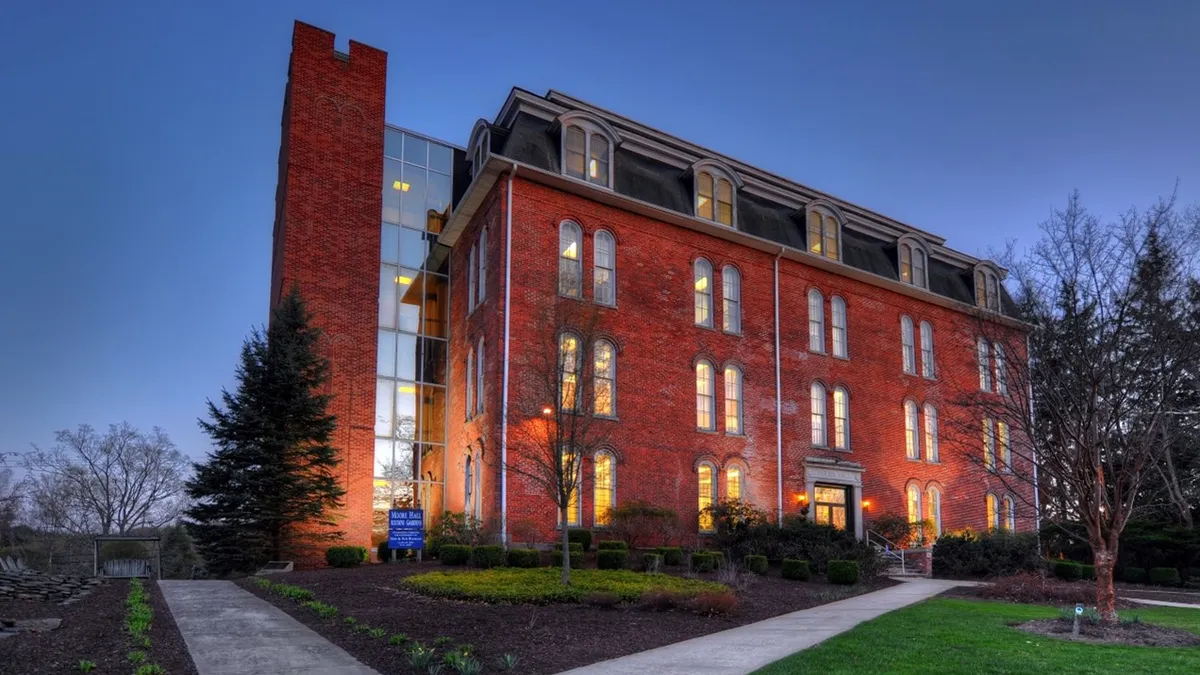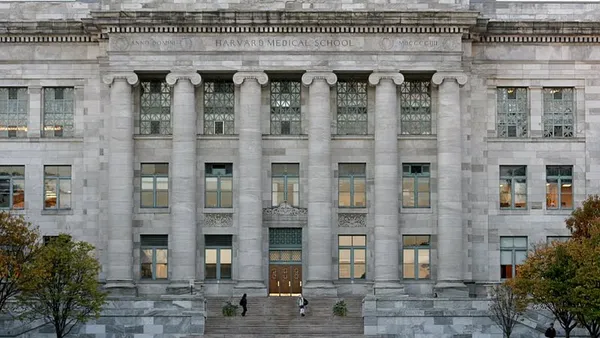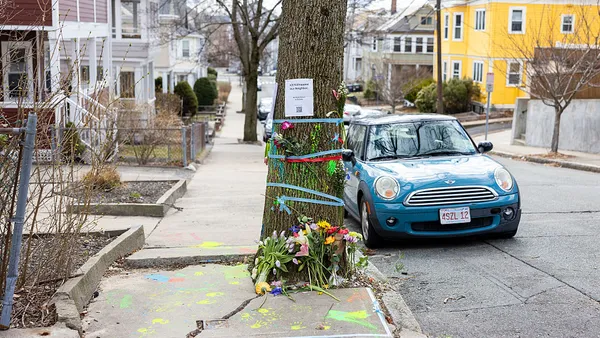Dive Brief:
- Keystone College will maintain its accreditation for now, as the Middle States Commission on Higher Education works through an appeal of its November vote to revoke the institution's accreditation.
- Keystone filed an official intent to appeal with MSCHE on Dec. 12, setting the process in motion. MSCHE had previously set a Dec. 31 date for withdrawing the Pennsylvania private nonprofit’s accreditation.
- A hearing on the appeal could come in mid- to late March, the college said, citing early indications from MSCHE. Meanwhile, the semester will begin as planned on Jan. 13, Keystone said in a news release.
Dive Insight:
MSCHE’s decision in November to pull Keystone’s accreditation came as yet another blow in a turbulent year for the college.
Keystone President John Pullo said in a Dec. 21 statement that “we strongly disagree with and are extremely disappointed by the Commission’s adverse action, but we are grateful for the opportunity to pursue our appeal of this decision.”
The accreditor based its vote on Keystone’s failure to provide evidence showing compliance with a handful of requirements around ethics and integrity, planning and resources, and governance and leadership. MSCHE also said Keystone had failed to “demonstrate that it can sustain itself in the short or long term.”
MSCHE’s November notice came roughly two months after Keystone struck an agreement to become a subsidiary of the nonprofit Washington Institute for Education and Research. The college had said the move would keep it viable after long-running financial and enrollment challenges.
That was the second agreement between the two entities after an earlier one unraveled in the spring. Following the scrapped merger, MSCHE asked Keystone to file “substantive change request for institutional closure” paperwork. Keystone said at the time this was merely a procedural step to enact a required teach-out plan, which the accreditor disputed.
Indeed, MSCHE said in April that Keystone faced risk of imminent closure. The accreditor issued a show-cause order demanding the college prove compliance with its standards, which is usually the final warning before accreditation can be withdrawn.
WIER is still committed to the plan to merge with Keystone, Pullo said in a December release. Keystone has also submitted paperwork requesting reconsideration of a change of ownership.
The risk to Keystone’s accreditation poses an existential threat to the institution. Losing it would render the college's students ineligible for federal Title IV funds such as student loans and Pell Grants, a potential financial death blow for an institution.
Along with its agreement with WIER, Keystone has cut employee headcount and programs in an effort to cut costs and bolster its financial position.
Tim Pryle, Keystone's vice president of enrollment, institutional advancement, and marketing, painted the college’s struggles in light of a broader bifurcation in the higher education world, with many smaller non-elite private colleges facing financial problems.
“The beauty of American private higher education has always been its diversity,” Pryle said in the college's December statement. “That diversity and affordable access to it are being challenged as all students are expected to assimilate into institutions in the top half of the pyramid.”
Founded in 1868 and accredited since 1936, Keystone enrolled 1,051 students in fall 2023, down 26.2% from five years prior, according to federal data.













